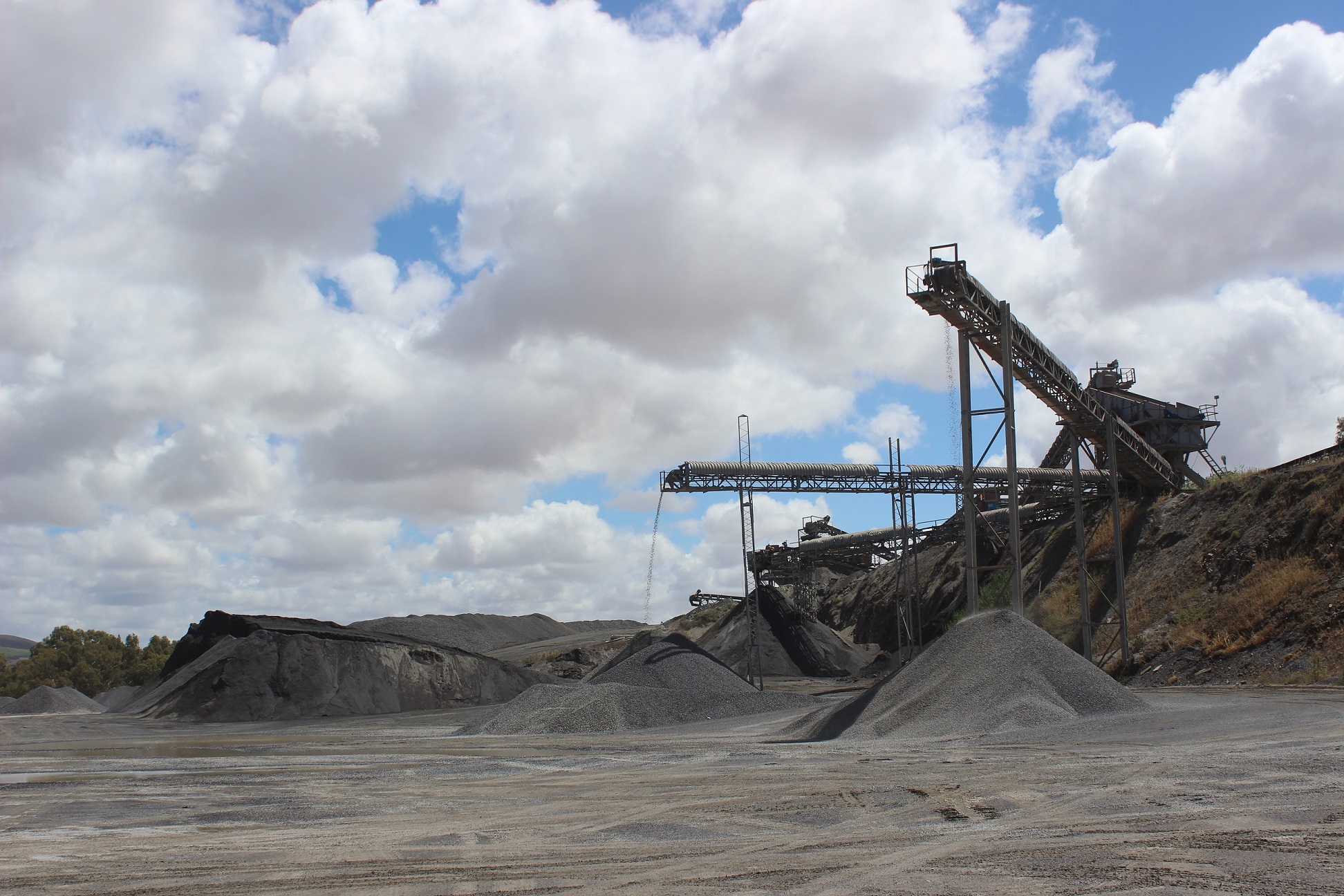
Surface mining industry association ASPASA has continued to represent this end of the South African industry where the determination of the value of minerals removed from the earth is fraught with complexities and disagreement.
Most recently the association took-on the South African Revenue Services (SARS) over its interpretation of where value should be determined, as the handling of products once mined, as well as processing and site transportation adds additional cost to the product and should not, in the opinion of ASPASA, be included when determining value.
ASPASA director Nico Pienaar explains: "We had been involved in the issue of the calculation of the Royalty Act for many years and even developed a guideline document which was used by our members to calculate the value of minerals at "muck pile" level. SARS then changed their mind and wanted to add steps in the process. Then while the same argument ensued a legal battle to determine where the value should be calculated began between SARS and United Manganese of Kalahari (UMK) and SARS lost the case.
"The revenue service decided not to pursue the case to the constitutional court, and the finding should set a principle for the future. In summary, the UMK case transport, insurance and handling (TIH) expenses which a member can deduct are any expenditure after such mineral resource was brought to the relevant condition.
"The difficulty which members may encounter in trying to determine the TIH expenses is what is meant by 'any expenditure actually incurred in respect of handling to effect the disposal of that mineral resource'. However, it seems there is still disagreement, and recently one of our members became embroiled in a similar argument with SARS.
"Following the UMK case and after consultations with our member and SARS, a number of issues have arisen and urgently need to be addressed by the industry to ensure that the industry and SARS are in agreement over the fair application of royalties.
"The first hurdle was that SARS did agree or want to agree that they made a mistake in the wear and tear, depreciation and donation adjustments. SARS either did not want to admit or did not see the logic that their calculation overstated the royalty dispute, due to the errors of these adjustments. The dilemma is that their errors overstate the royalty that should be in dispute (prior to a TIH adjustment) by about ten times.
"One of their criticisms against us raising their error is that we did not deal with it in the objection or the appeal, which is correct because it only later dawned on us during SARS audit of the following years. In any case, Section 93 of the TA provides that SARS may make a reduced assessment if there is a readily apparent undisputed error in the assessment, despite no objection or appeal thereto.
"What we gathered from SARS' stance regarding the TIH, is that they still have a warped interpretation of which TIH should be disregarded. SARS seemed to suggest that the only TIH that should be disregarded is if it relates to another trade (i.e. a transport trade). There is no logic for this view because although an aggregate miner may have a separate transport trade (other than the transport of aggregate), it then has to mean that to disregard the insurance or handling expenses, the aggregate miner should have a separate insurance trade or handling trade as well.
"After these and subsequent meetings, it has become clear that the muck pile concept is crucial for the ASPASA members and the entire industry to understand and support. By way of exercises carried out by ASPASA member, Blurock Quarry, we can show the vast difference between SARS and our interpretations, so it is in the interest of affected parties to make contact with us and understand how the muck pile concept must be applied.
"Now, the question is, should SARS not want to agree to allow the industry to continue with the muck pile method, do we as an industry through ASPASA defend the stance? Companies need to indicate their objections to this; alternatively, it will be assumed that everyone is satisfied with SARS interpretation. If we do decide to defend our muck pile stance, then legal costs may be incurred, and we may need assistance from the industry," concludes Pienaar.








